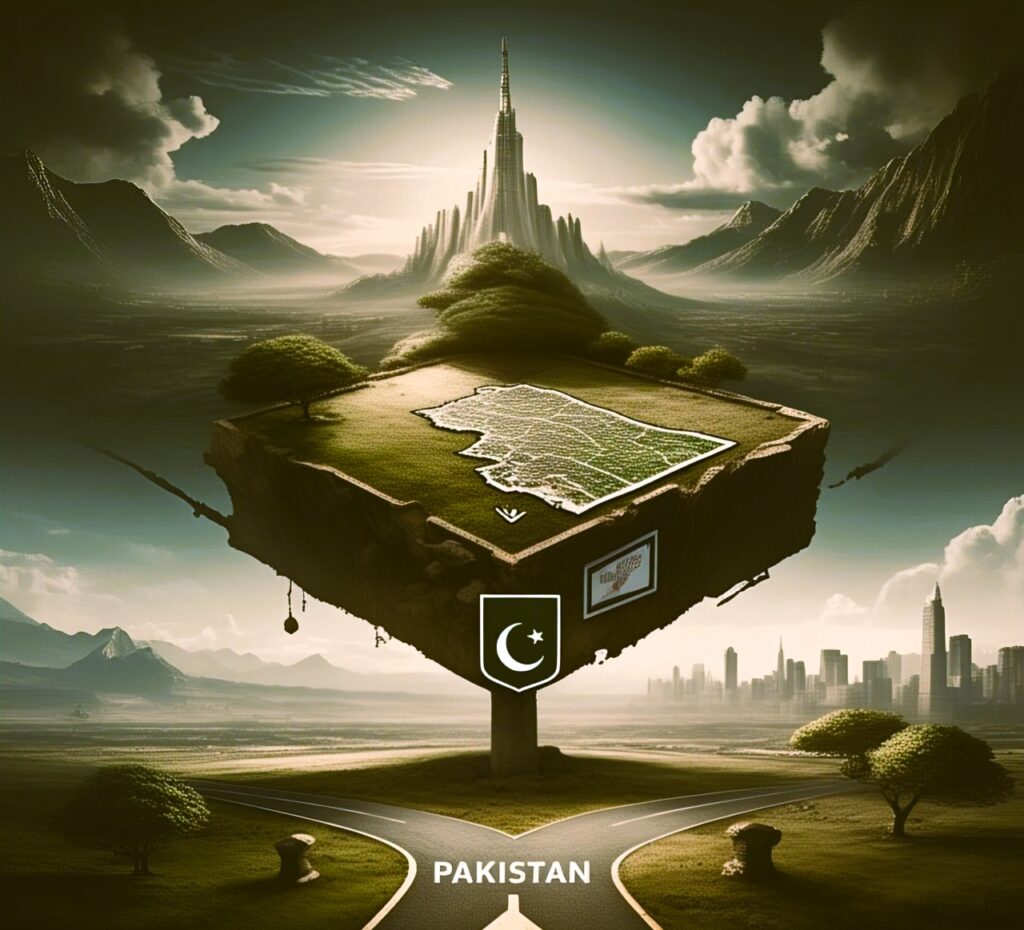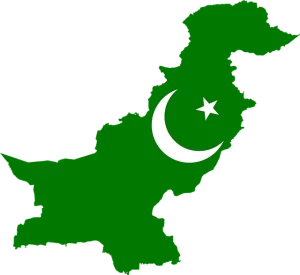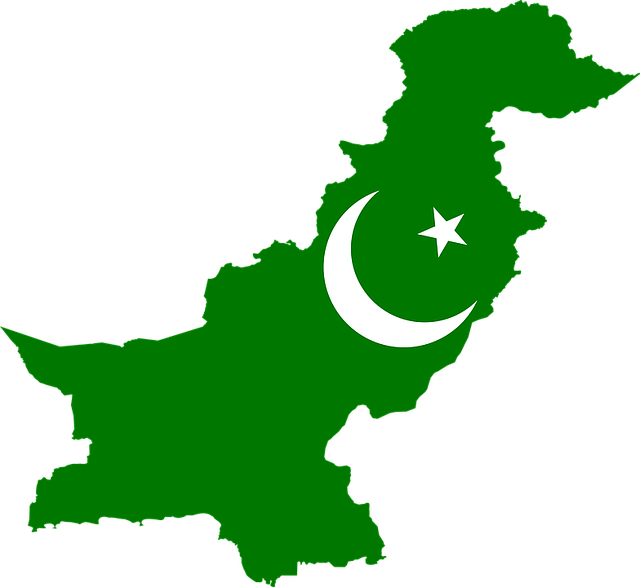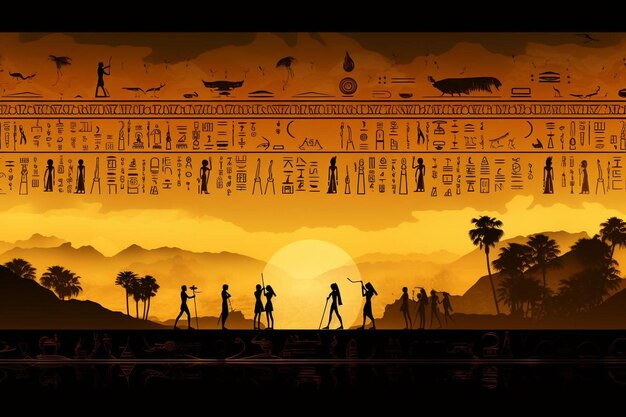Pakistan at The Crossroads: Reclaiming A Nation Through Reforms, Revival and Resolve!
Theme
Despite residing in a region rich with cultural, spiritual, and civilizational legacy, the people of Pakistan appear to be caught in an unending cycle of stagnation, disarray, and indifference. Unlike several nations across the world, such as China, Germany, or Japan, that have risen from poverty, ruin, or colonial subjugation through determined vision, planning, and institutional reform, Pakistan, at the crossroads still continues to drift aimlessly. This state of rudderlessness is marked by the absence of national objectives, strategic direction, cohesive leadership, and moral coherence. The psychosocial makeup of its people, the degeneration of moral values, distorted religious understanding, adverse climatic conditions, and the global wave of commercialism and consumerism have all contributed to the prevailing malaise. https://mrpo.pk/jirga-system/

Why is Pakistan at the crossroads, there is a dire need to explore the multi-dimensional roots—historical, cultural, religious, political, environmental, and psychological—of this national inertia, to develop a deeper understanding of why societies such as Pakistan appear callously indifferent to their collective decline and to identify the need for a comprehensive framework for national revival and transformation.
Aim
The aim of this study is to carry out a comprehensive analysis of the root causes behind Pakistan’s persistent stagnation and indifference, examining historical, ideological, institutional, environmental, and psychological dimensions, and to propose strategic pathways for national revival rooted in vision, resolve, and reformation.
Scope
The scope of this study is confined to analysing the internal dynamics of Pakistan’s national stagnation. It will cover historical legacies, ideological misalignments, psychosocial conditioning, institutional decay, educational inadequacies, religious distortion, moral and ethical decline, climatic influences, and the overarching impact of global consumerism. It will not enquire deeply into external conspiracies or military conflicts unless directly tied to internal decay. The study will draw comparisons with other nations’ revival trajectories and propose actionable recommendations focused on reforming national vision, leadership development, and institutional frameworks.
Pakistan at The Crossroads: Reclaiming A Nation Through Reforms, Revival and Resolve!
Introduction
- Nations, like individuals, are shaped by their experiences, ambitions, and collective vision. In the history of human civilization, stories of spectacular national revival—from post-World War II Germany and Japan to the meteoric rise of China—serve as testaments to what focused leadership, clear objectives, and national will can achieve. Understanding China’s Growth Success illustrates this well. In glaring contrast stands Pakistan, a country that, despite being founded on the lofty ideals of justice, equity, and Islamic principles, has stumbled into a quagmire of institutional paralysis, moral decay, and public apathy.
- With abundant human and natural resources, a rich religious heritage, and a geostrategic location, Pakistan should have been a leading nation. Yet, it continues to face chronic governance failures, economic crises, leadership vacuums, and ideological confusion. This study probes into the reasons behind this paradox and proposes a roadmap to break free from the chains of stagnation.
The Roots of Stagnation

-
- Historical Burdens and Unfulfilled Vision. Pakistan’s creation was inspired by the quest for a separate homeland where Muslims could live under Islamic values and social justice. However, the vision of Iqbal and Jinnah was quickly overshadowed by political opportunism and administrative confusion. The early deaths of visionary leaders left a vacuum filled by power-centric elites with little interest in nation-building. Institutional foundations remained fragile, and no long-term national objectives were ever firmly established.
- Institutional Decay and Governance Crisis. A key reason for national inertia lies in the degeneration of state institutions. Corruption, nepotism, bureaucratic inefficiency, and the lack of accountability have eroded public trust. As shown in the Corruption Perceptions Index, Pakistan consistently ranks among the most corrupt nations, reflecting deep-rooted governance issues. Successive governments have failed to prioritize institutional reforms, preferring political expediency over meritocracy and professionalism.
- Misalignment Between Religion and Practice. While Islam remains central to national identity, its principles are often practiced as rituals rather than a comprehensive ethical and social code. As highlighted in Islamicity – Islam Beyond Rituals, true Islamic governance demands justice, accountability, knowledge-seeking, and compassion—traits sorely lacking in contemporary Pakistani society. The misappropriation of religion for political or sectarian ends has further alienated the populace from the essence of Islam.
- Moral and Ethical Decay Under Global Commercialism. The world has witnessed a rapid decline in ethical and moral standards under the pressure of consumerism and market-driven ideologies. In Pakistan, this shift has undermined traditional values such as selflessness, community service, and spiritual fulfillment. The Guardian on Global Morality discusses this global trend. Ethics have been replaced by materialism, contributing to apathy, short-termism, and a lack of higher purpose.
- Psychosocial Conditioning and Cultural Apathy. Decades of socio-political instability, economic deprivation, and miseducation have shaped a collective psyche that is risk-averse, cynical, and dependent. As seen in the Pakistan Youth Report, despite a large youth bulge, there is little direction or empowerment. Social systems often discourage questioning, innovation, or initiative. This psychological disempowerment has created a culture of resignation and conformity.
- Climatic and Environmental Influence. Geographic and climatic conditions also affect the tempo of life and work ethic. Studies such as Scientific American – Climate and Civilization show that harsher, colder climates often push populations toward greater organization and innovation for survival. In contrast, Pakistan’s generally warm climate may subtly foster a relaxed lifestyle, further exacerbating systemic inefficiencies when coupled with other issues.
- Collapse of the Education System. The education system, as highlighted in the World Bank Report on Education in Pakistan, fails to inculcate critical thinking, ethical values, civic responsibility, or leadership skills. Instead, rote learning, outdated curricula, and a dual-track system (elite vs. public education) reinforce class divides and intellectual stagnation. Graduates often lack the competencies required to drive national progress.
- Poor Human Development Indicators. According to the UNDP Human Development Report, Pakistan lags in almost all human development indicators, from healthcare to literacy to gender parity. Without a focus on human resource development, no nation can prosper. The lack of investment in people has become both a cause and a consequence of national failure.
Pakistan at the crossroads stands today as a cautionary tale of what becomes of a nation that loses its vision, neglects its people, distorts its religious ideals, and succumbs to moral and institutional decay. Its stagnation is not due to an absence of resources or capability but a profound disconnection from purpose, ethics, and leadership. Without introspection and a radical shift in direction, the nation risks

a deeper crisis and fragmentation.
Recommendations and Strategic Way Forward
- Redefining National Purpose. A renewed vision must be cultivated through national dialogue, educational reform, and leadership that embodies service, integrity, and Islamic values in their true essence.
- Islam as a Living System. Islam must be reintroduced not as a set of rituals but as a complete way of life encompassing justice, equity, and accountability. Educational, media, and religious institutions must be aligned with this philosophy.
- Institutional Overhaul. Civil service reform, judicial restructuring, and anti-corruption mechanisms must be prioritized. Independent accountability bodies and performance-based evaluations are essential.
- Educational Reformation. A unified, inclusive, and modern curriculum rooted in ethics, critical thinking, and national history is necessary to prepare future leaders.
- Human Resource Development. As outlined by UNDP, investment in health, education, and skills training is critical. This includes vocational training, entrepreneurship programs, and gender-inclusive policies.
- Countering Consumerism. Promote ethical consumption, local industry, and spiritual fulfilment through educational and media campaigns that emphasize values over materialism.
- Climate-Sensitive Planning. Develop governance models and community behaviours that consider climatic impacts on productivity, health, and resource use.
- Youth Engagement and Leadership Cultivation. Pakistan’s youth need platforms, mentorship, and purposeful engagement. Leadership must emerge from service, not status.
- Cultural Revival. Revive indigenous arts, languages, literature, and traditions that promote identity, dignity, and unity.
- Comparative Learning and Nation-Building Models. Learn from successful models like China (Brookings Report) and post-war Germany by adapting strategies to local contexts and ideologies.
Final Word
Pakistan’s redemption lies not in external aid or political promises but in internal reawakening. This reawakening must be ethical, institutional, intellectual, and spiritual. The question is no longer whether we can afford reform but whether we can survive without it.


